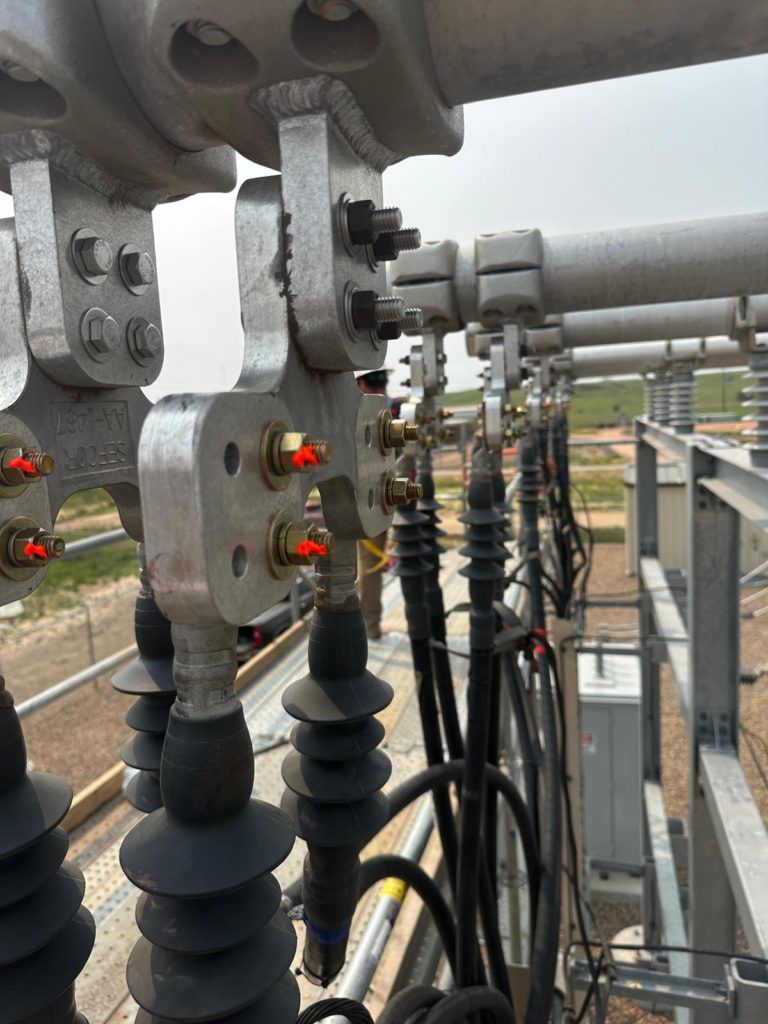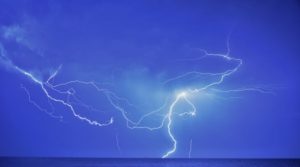
What is Lockout/Tagout (LOTO) and Why is it Important in Electrical Services?
Introduction
Lockout/Tagout (LOTO) is a critical safety procedure outlined by OSHA to protect workers from hazardous energy during equipment maintenance. In the electrical services industry, LOTO is especially important to prevent electric shock, arc flash, or equipment startup while performing repairs.
1. What is Lockout/Tagout?
Lockout/Tagout involves isolating energy sources by locking and tagging electrical equipment to ensure that it stays off during maintenance. This ensures that equipment cannot be powered on accidentally, protecting workers from dangerous energy releases.
The LOTO Process Includes:
- Locking switches, circuit breakers, or other energy controls
- Tagging the locked devices with a clear warning label
- Verifying that the equipment is de-energized before beginning work
2. Why LOTO is Important in Electrical Services
In electrical services, workers are exposed to energized systems that can cause serious injury or death. OSHA requires LOTO procedures to control hazardous energy and prevent accidental startup of equipment, which could result in severe electrical injuries.
Key Benefits of LOTO:
- Protects workers from electric shock or electrocution
- Prevents unintended machinery activation
- Ensures safer maintenance and repair processes
Conclusion
Lockout/Tagout is essential for protecting electrical service workers from dangerous energy sources. By following OSHA’s LOTO procedures, companies can reduce the risk of electrical accidents and create a safer work environment.

Electrician Glossary for Journeyman Electricians
For any professional in the electrical field, especially a journeyman electrician, mastering technical vocabulary is essential. The electrical glossary not only ensures precise communication with colleagues, contractors, and clients but also guarantees that every task is performed with safety and efficiency.

How Solar Energy Works Even on Cloudy Days
When people think about solar energy, they often imagine bright, sunny days powering homes and gadgets. However, what happens when the weather turns cloudy? Many believe that solar panels are ineffective in overcast conditions, but this is a common misconception. In reality, solar energy systems can still generate electricity on cloudy days—just not at the same efficiency level as during full sun.
